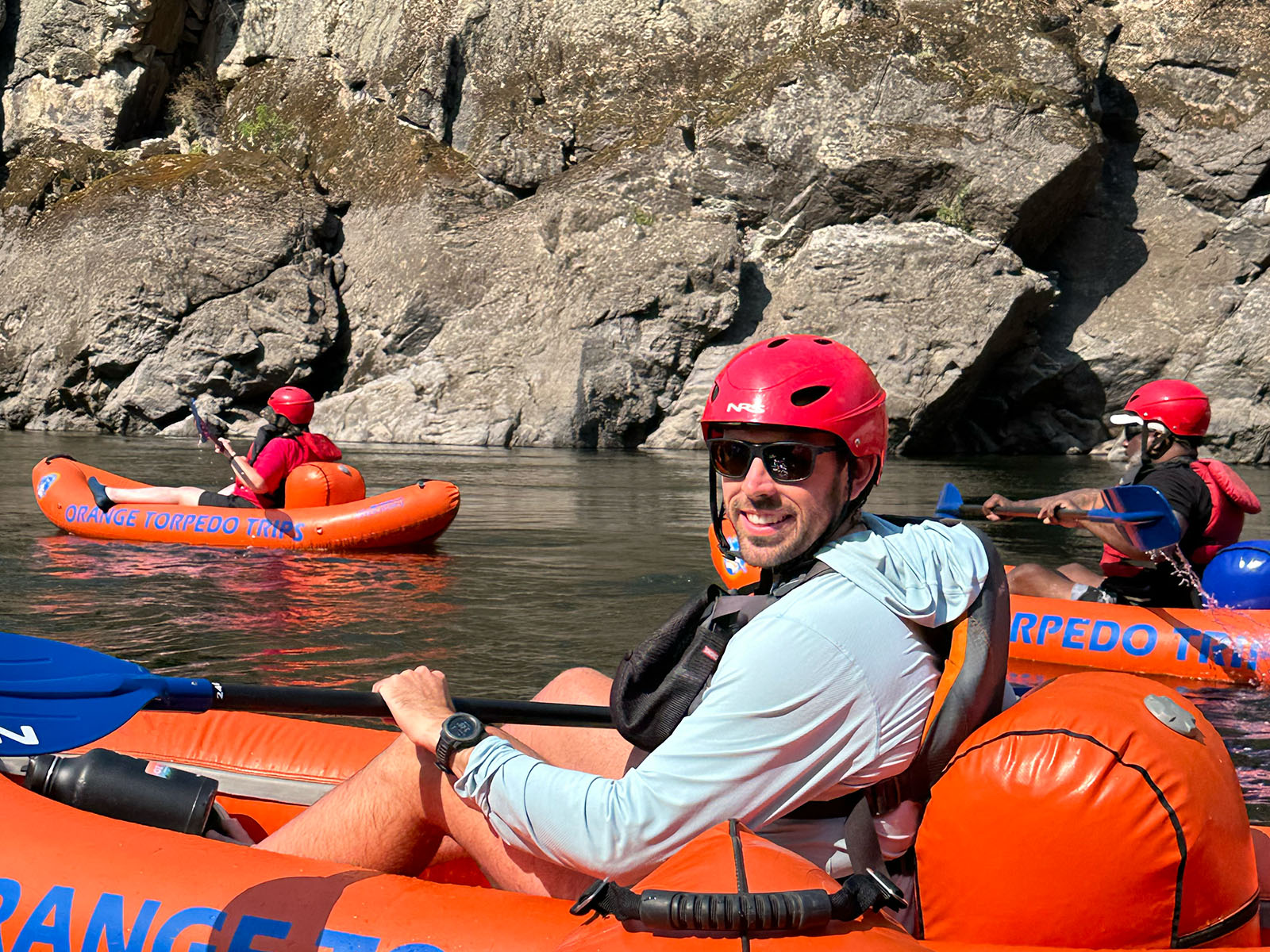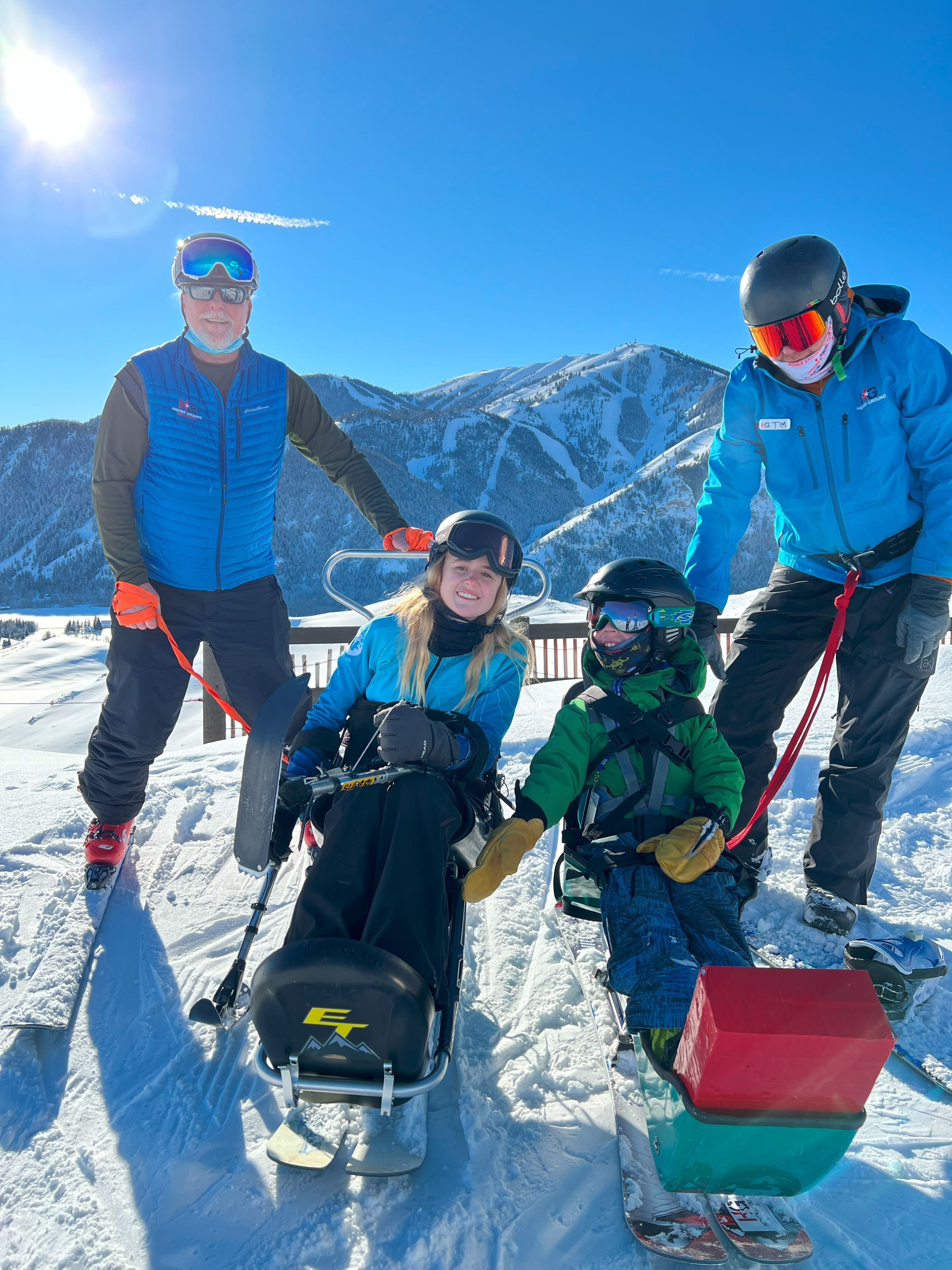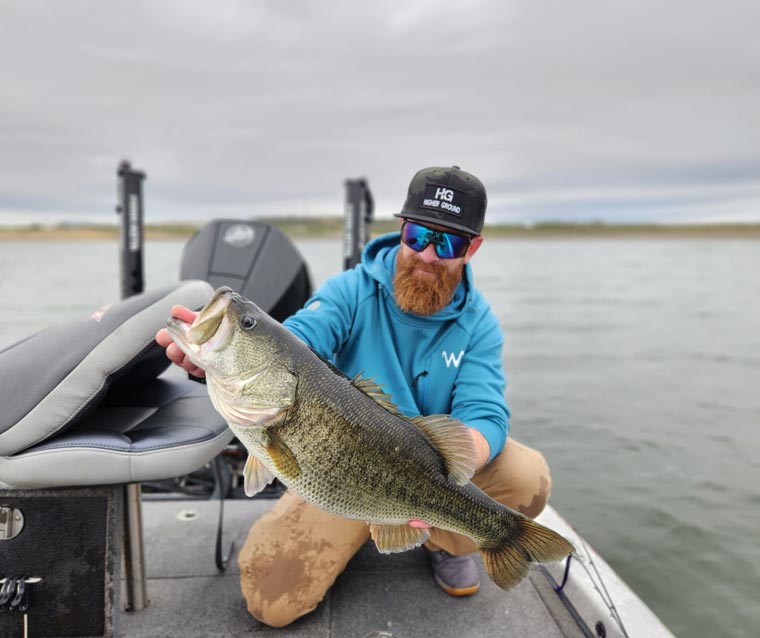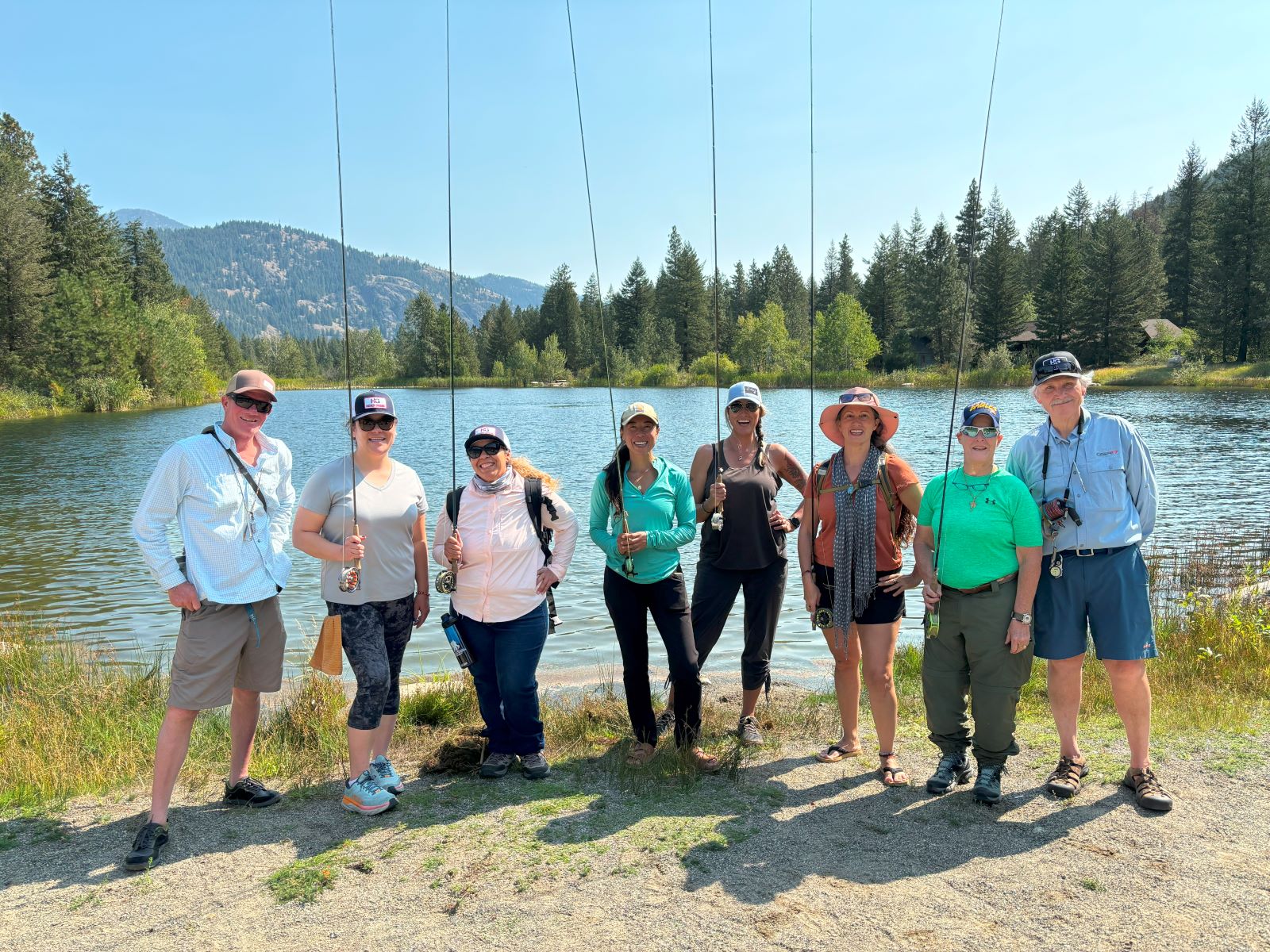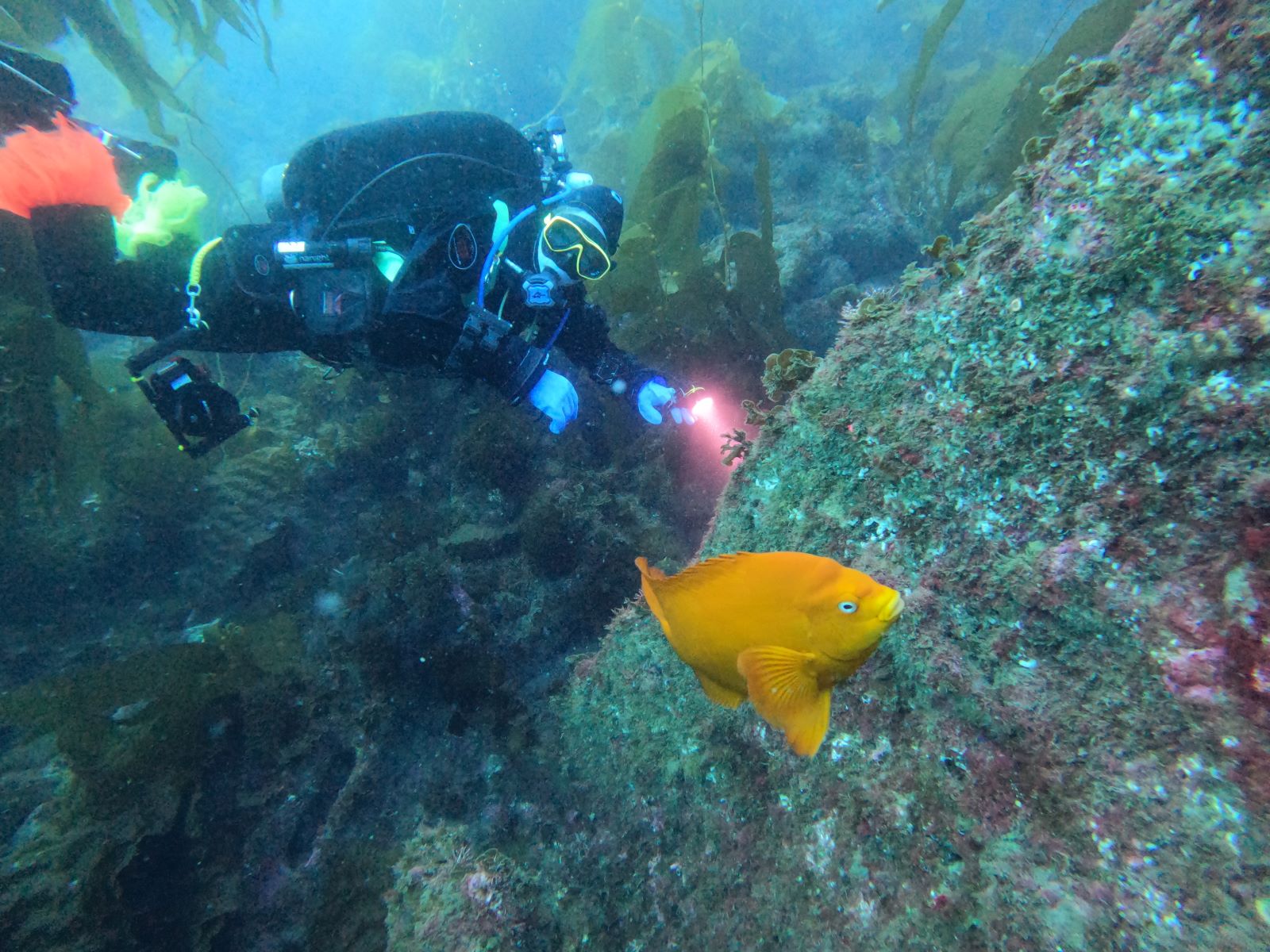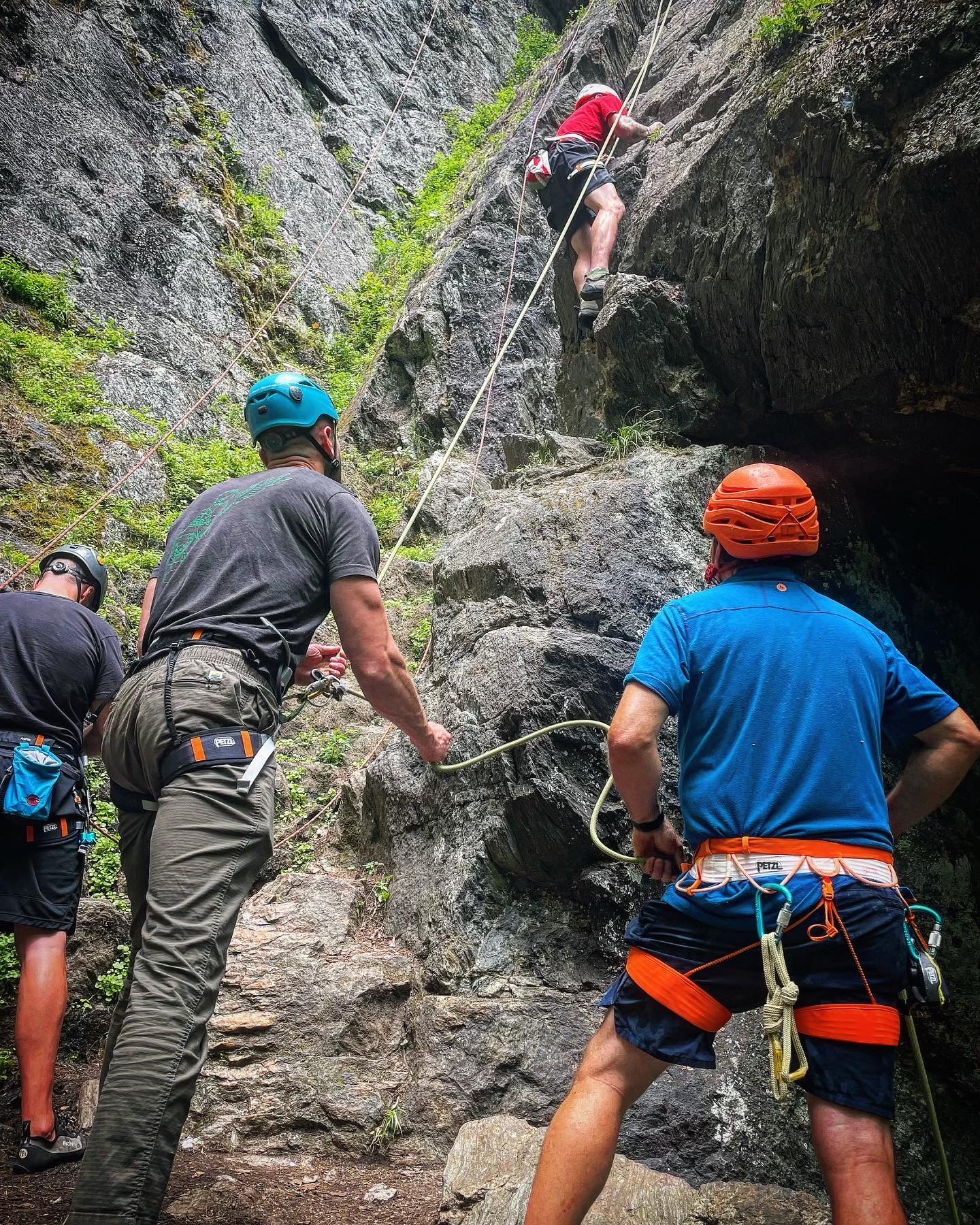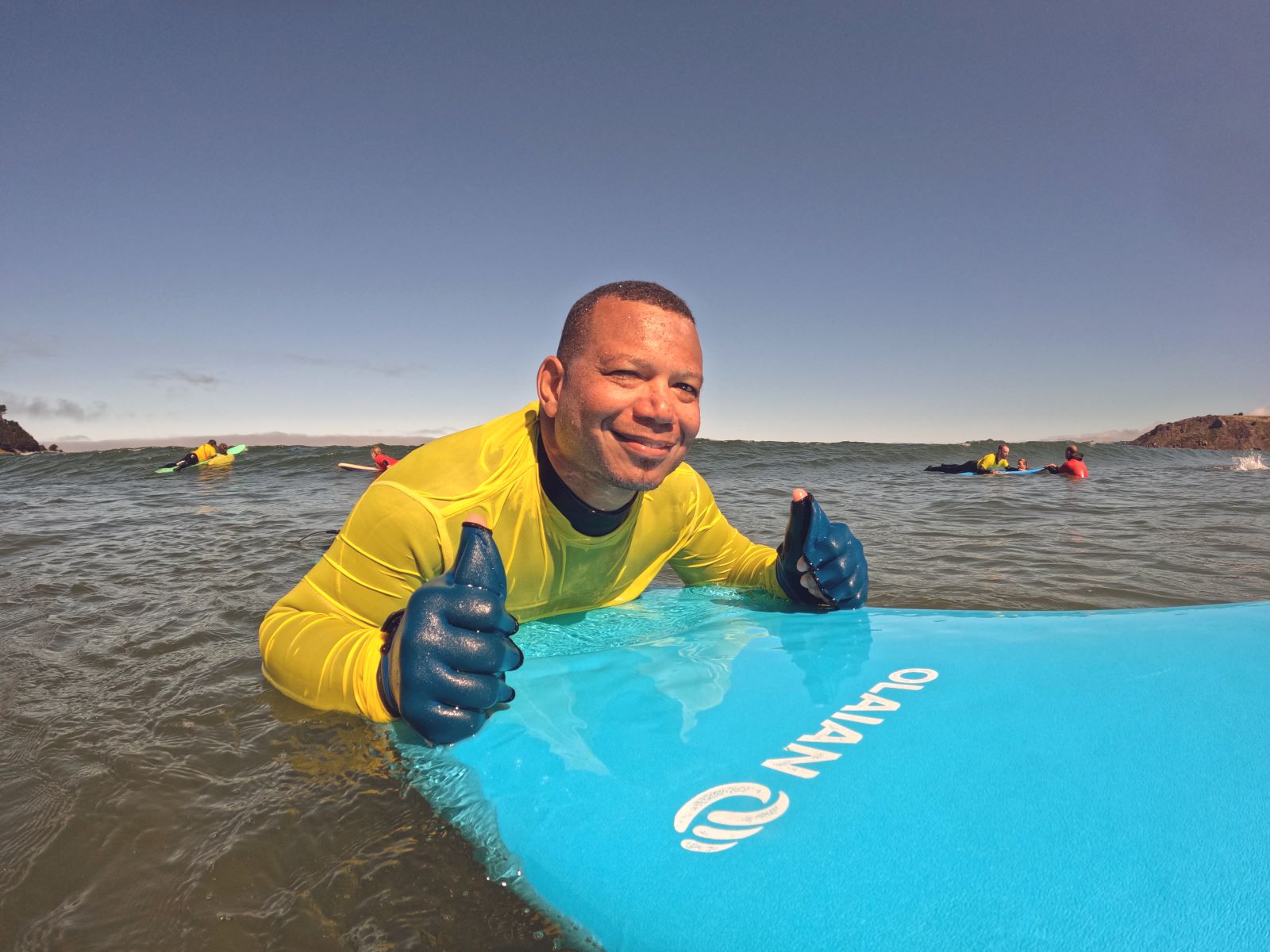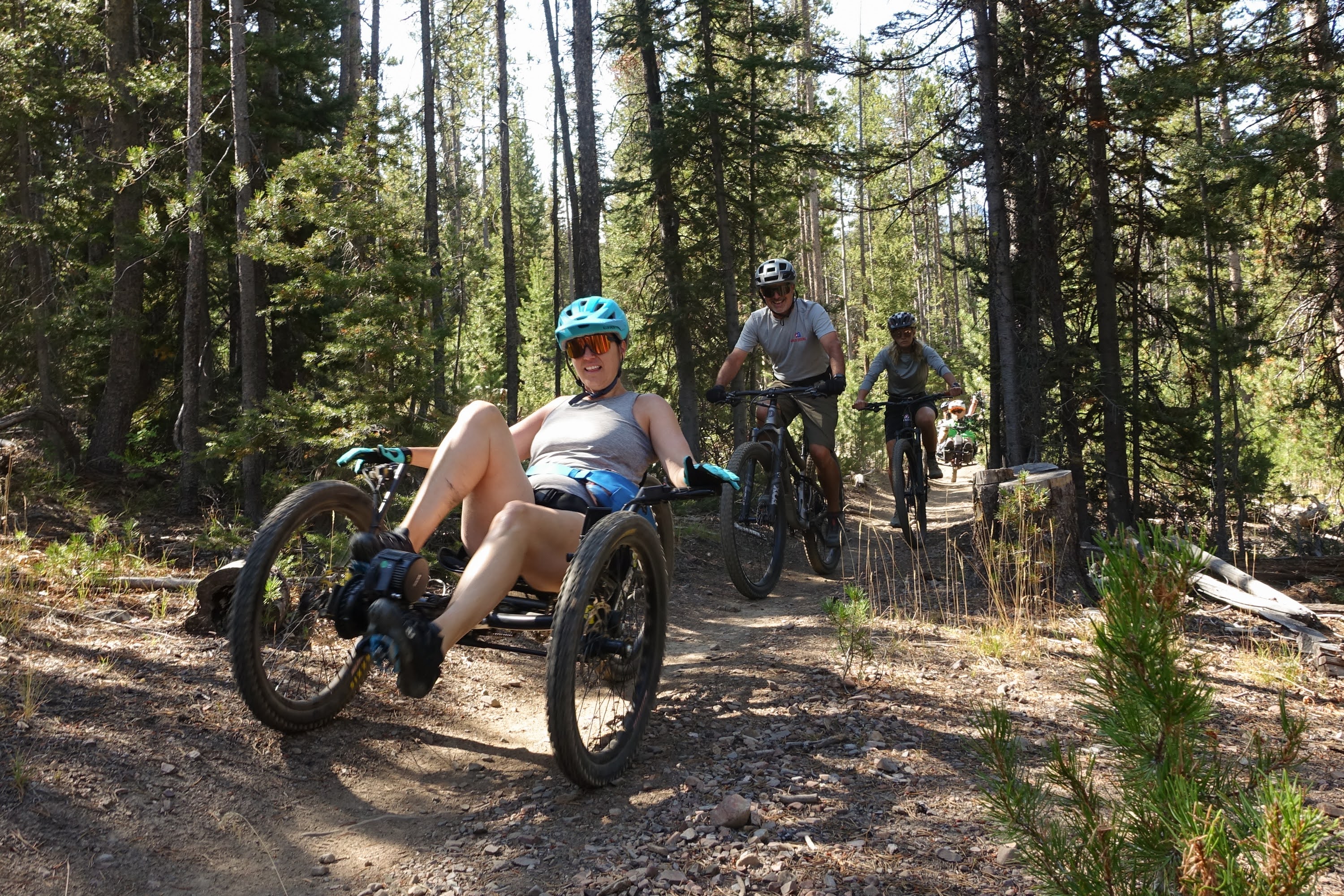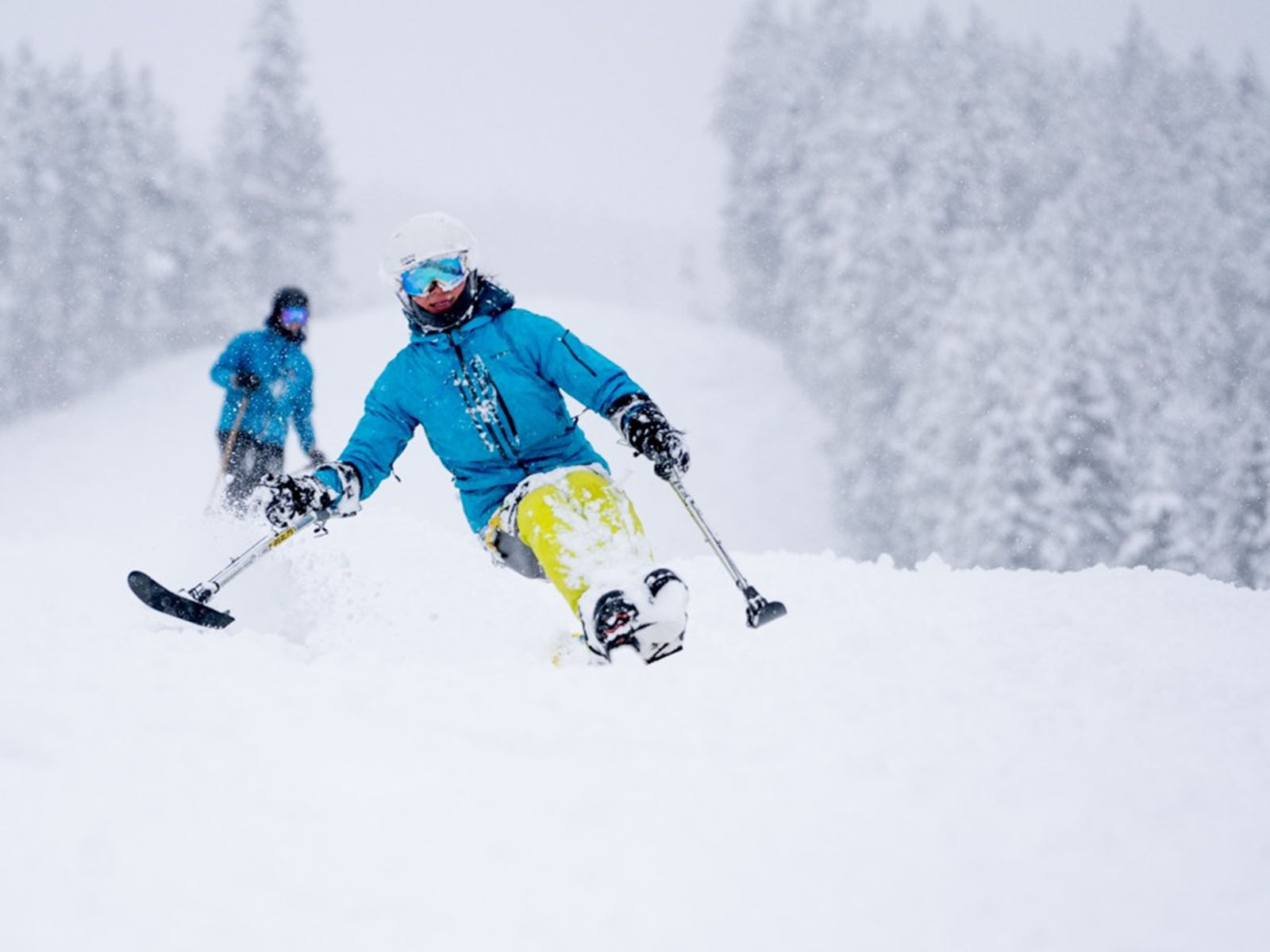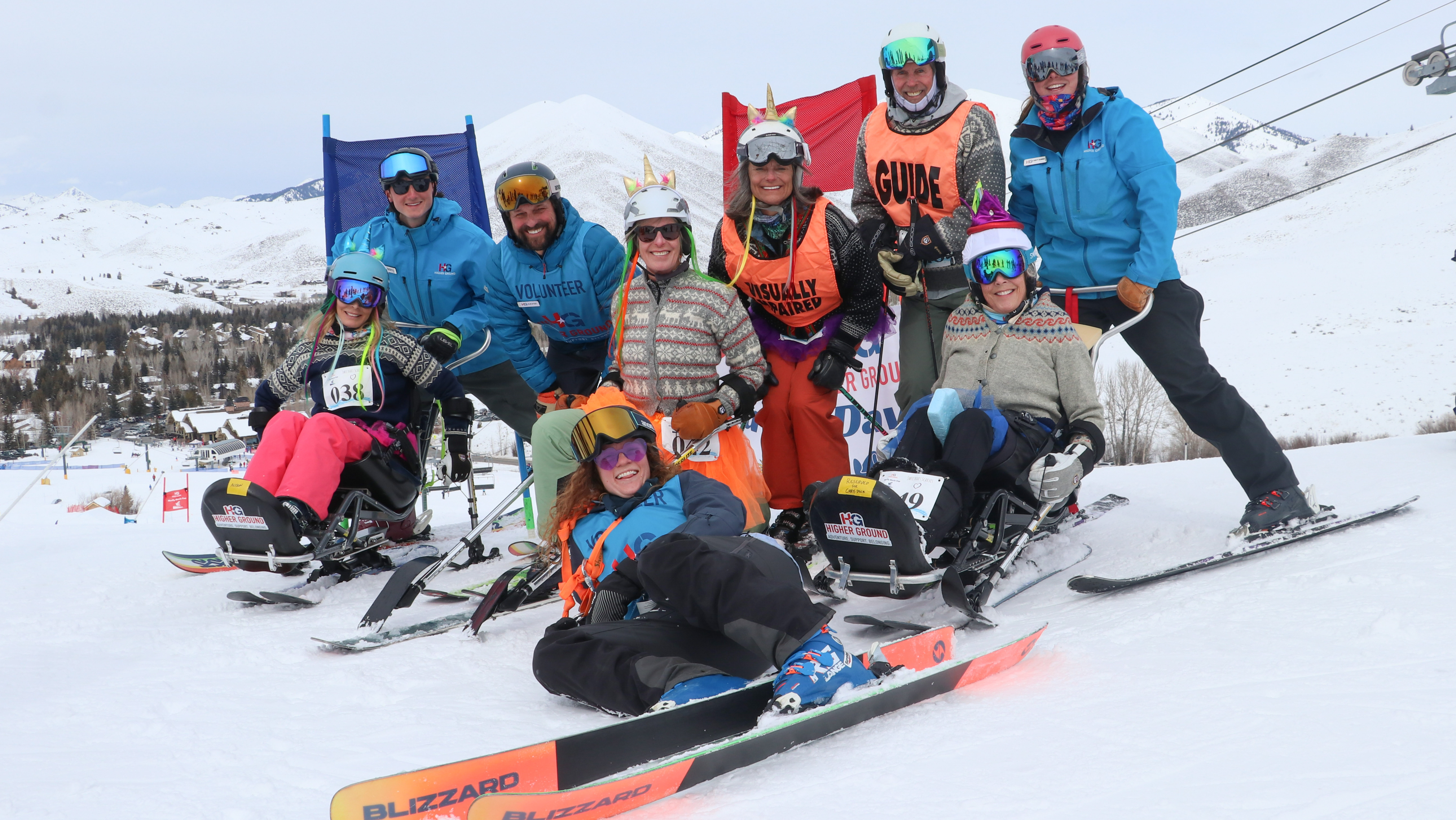Nestled in the breathtaking Sawtooth Mountains, Sun Valley is renowned for its world-class outdoor recreation. What truly sets it apart, however, is its ability to provide exceptional opportunities for adaptive sports. With state-of-the-art facilities, a supportive community, and an abundance of natural beauty, Sun Valley has become a top destination for athletes of all abilities.
Why Sun Valley is Perfect for Adaptive Sports
1. Unmatched Outdoor Adventure
Sun Valley offers a wide variety of outdoor activities that cater to people with varying needs and abilities. From skiing and snowboarding to hiking, cycling, and fly fishing, specialized programs and adaptive equipment ensure that everyone can participate.
Skiing is a standout in the adaptive sports community, with adaptive equipment like sit-skis and mono-skis enabling individuals with mobility impairments to experience the thrill of the slopes. Programs led by organizations like Higher Ground give athletes the chance to enjoy winter sports in a safe and accessible way.
2. Top-Tier Facilities
Sun Valley boasts exceptional resorts and outdoor spaces with facilities designed to meet the needs of adaptive athletes. From specialized equipment rentals to certified adaptive instructors and accessible trails, the area’s infrastructure ensures a seamless experience for all participants.
The Sun Valley Resort features easy-to-navigate lifts, accessible restrooms, and breathtaking mountain views, making it an ideal location for adaptive sports. With such accommodations, athletes of all abilities can fully enjoy the resort’s offerings.
3. A Supportive Community
One of the strongest aspects of Sun Valley’s adaptive sports scene is its welcoming and supportive community. Local volunteers, instructors, and athletes work together to create an environment where adaptive athletes are encouraged to pursue their goals and embrace new challenges.
Organizations like Higher Ground play a pivotal role in this network, offering therapeutic recreation and education to veterans, first responders, and individuals with disabilities. Their specialized programs empower athletes to not only enjoy adaptive sports but also thrive through them.
4. Year-Round Activities
Although Sun Valley is known for its winter sports, adaptive athletes can stay active year-round. When the snow melts, the region’s stunning scenery offers endless outdoor adventures, including hiking, mountain biking, fishing, and paddleboarding.
Local programs ensure that adaptive equipment is available for these activities, allowing athletes to enjoy the beauty of Sun Valley no matter the season.
5. Therapeutic Benefits
Adaptive sports in Sun Valley provide more than just physical activity—they offer profound therapeutic benefits. Many participants find that engaging in these sports builds confidence, fosters independence, and encourages emotional healing.
Programs run by Higher Ground emphasize not only recreation but also the empowerment and healing that sports can bring. Through tailored activities and professional support, athletes build a sense of accomplishment and well-being.
6. Growing Opportunities
Each year, Sun Valley continues to expand its offerings for adaptive athletes. Enhanced accessibility and new programs ensure the region evolves to meet the growing needs of the adaptive sports community.
As more athletes are drawn to the area, the possibilities for new experiences and adventures continue to grow. Whether you’re a veteran, a first responder, or someone exploring adaptive sports for the first time, Sun Valley provides an environment where everyone can succeed.
An Unmatched Destination for Adaptive Sports
Sun Valley is truly a remarkable destination for adaptive sports, offering endless opportunities to grow, explore, and achieve. With its unmatched combination of natural beauty, expert guidance, and a passionate community, there’s no limit to what you can accomplish in this extraordinary place.
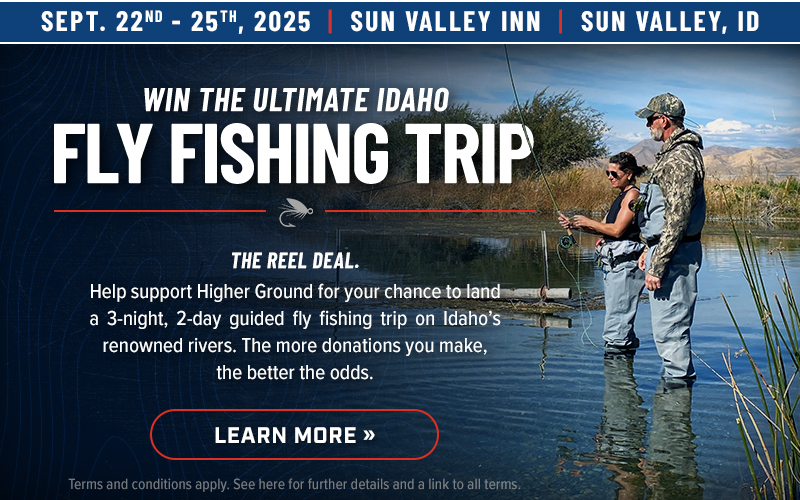
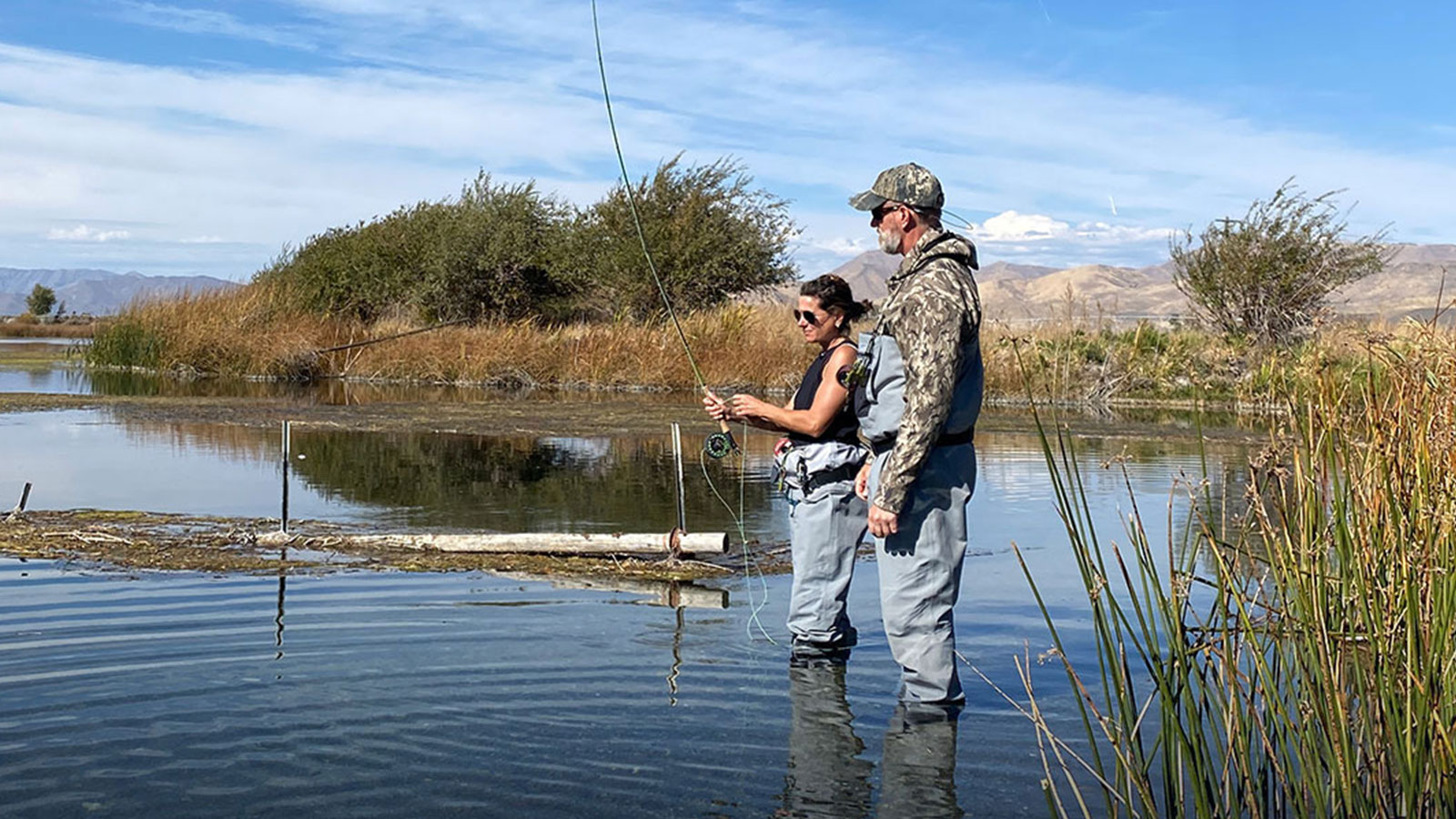




 Previous
Previous

